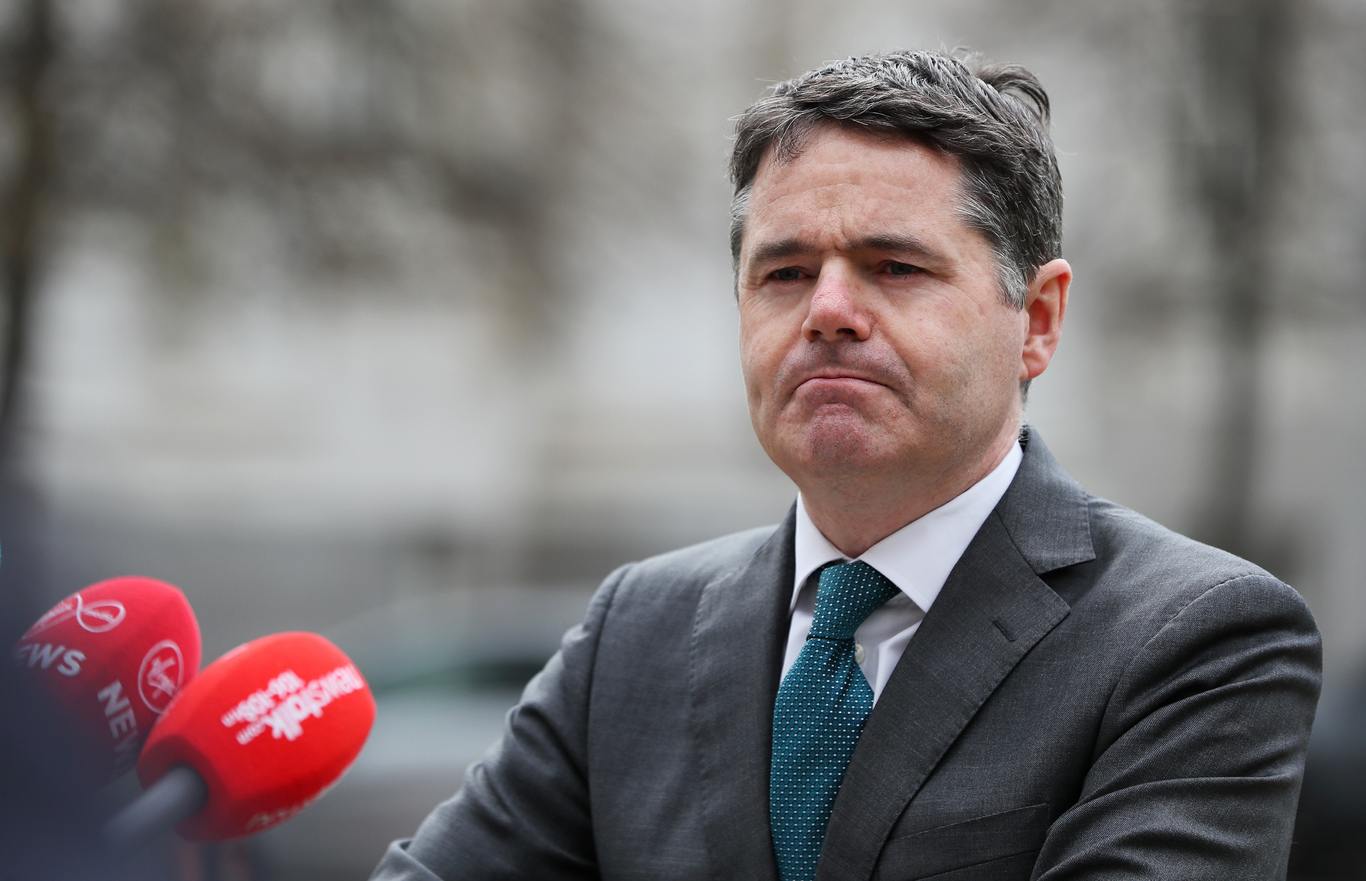Ibec has called for €1.5 billion in state aid support in the event of no-deal Brexit
The group wants a comprehensive set of supports to support vulnerable workers and businesses.
IBEC HAS ASKED the government to set out a three-year funding framework of state aid support, worth €1.5 billion, if the UK leaves the EU without a deal at the end of the month.
In a new report published ahead of tomorrow’s budget, the country’s largest business group has asked the government to put a framework in place for a fund similar to the one that assisted companies during the 2009 financial crisis. The group said such a fund is needed to offset the impact of Brexit on vulnerable firms.
The EU has stringent rules around state aid, the practice which sees governments use taxpayer-funded resources to assist private companies.
It has already relaxed its rules around state aid in February this year, allowing Enterprise Ireland to give €6 million to the makers of Dubliner cheddar cheese, with the dairy sector vulnerable to Brexit.
The Ibec report outlined there is a precedent for state aid at moments of crisis and the European Commission “must begin now to work with member states to achieve this”.
It said that in 2009 it took 10 months from to draw down state aid supports after an agreement had been put in place.
“In a no-deal scenario, if supports were only activated in the autumn of 2020 it would be far too late to sustain enterprises and jobs. It is vital that we introduce legislation and have structures in place to administer these schemes as soon as possible,” the report authors wrote.
The report suggested that tariffs collected on UK exports to the EU could partly fund the supports needed, calculating the Irish government would collect between €700 million and €1 billion over three years.
“Both the EU and Irish government should ringfence these funds to support the sectors and communities worst impacted by a no-deal Brexit,” the report suggested.
Vulnerable groups
In the report, Ibec states that recent forecasts paint a bleak picture for Irish exporters, citing the Bank of England’s forecast that sterling will depreciate by another 10% to 25% in the event of a no-deal scenario.
The report said at the “very least” Ibec expects the euro-sterling exchange rate to near parity and added volatility in a currency means companies will move to month-to-month contracts, placing additional costs on businesses.
The most “Brexit-exposed” areas are Cavan, Monaghanm Kerry and Longford with over one in five workers in each county working in exposed sectors.
While the least exposed areas are Cork and Galway cities, along with Dublin and its surrounding counties Kildare, Meath and Wicklow.
Commenting on the report, Ibec chief economist Gerard Brady said a no-deal would deliver “a major shock” to the rural economy.
“If firms collapse in a no-deal scenario they will not be easily replaced. Decisive and far-reaching government intervention would be required to protect jobs and support vulnerable, but viable, firms from day one,” he said.
Get our Daily Briefing with the morning’s most important headlines for innovative Irish businesses.






